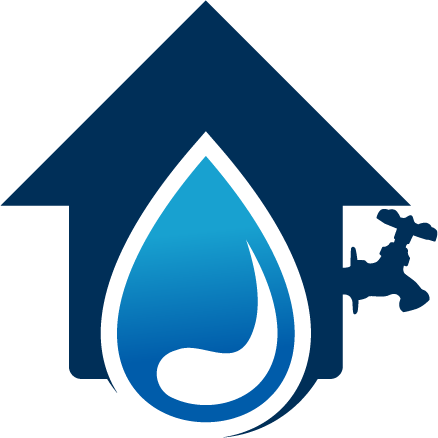Top Greener Alternatives to Traditional Hot Water Systems
If you are conscious and deliberate about reducing your carbon footprint and conserving the environment, then you are always on the lookout for such opportunities. How about investing in more energy-efficient and green technologies when buying and installing hot water systems?
There are several hot water systems in the market, and your top choices for the greenest include the following.
1. Solar-Powered Systems
Solar thermal hot water systems are quite popular, and a top pick for home and business owners keen on leaving a minimal carbon footprint. In this system, a collector panel is installed on the roof, and the water, through a heat exchanger, flows into a hot water tank.
In areas that receive plenty of sunlight throughout the day and for most of the year, solar thermal systems are the only hot water systems installed. Others have both the traditional and the solar hot water systems supplementing each other.
2. Geothermal Heat Pumps
Regular heat pumps will draw heat from the surrounding air. Geothermal heat pumps, on the other hand, will draw this heat from the earth beneath. A continuous loop of piping will help to harness this heat, delivering hot water systems that require no combustion whatsoever.
These hot water systems are, of course, not to be confused with geothermal power plants. Unlike the power plants, the systems do not produce any electricity, which is then used for water heating purposes. Only the heat tapped into from the earth serves this purpose.
3. Air-to-Water Heat Pumps
Like their geothermal counterparts, air-to-air heat pumps are also becoming an increasingly popular choice for hot water systems. These pumps draw heat from the air around the units, and even outdoors and use this heat to heat water in a storage tank.
Again, no combustion is involved in the workings of air-to-water heat pump heaters. As such, the carbon footprint remains to be as small as can get.
Proper Installation
For optimal performance and longevity of all these low-carbon hot water systems, proper installation is crucial. After identifying the system, you want for your home or business, you must ensure that you find a plumber who is well-versed and experienced in the installation of that particular system.
Concluding Note
Traditional hot water systems are quite energy-consuming, and looking at what goes into powering these systems, you can expect to leave quite the carbon footprint over time. As outlined, there are low-carbon alternatives you can always consider. Reach out to a professional to learn more about hot water systems.

